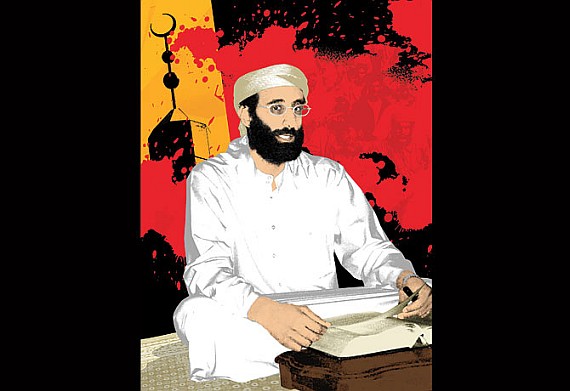The Yemen dilemma: what would Mr Bush have done?
By Tony Karon, The National, January 2, 2010
The rhetoric is different, but there has been more continuity than change in US foreign policy from George Bush’s second term to Barack Obama’s first.
The US is leaving Iraq on the terms laid down by Mr Bush’s Status of Forces Agreement with the Baghdad government. Mr Obama has opted for a troop surge in Afghanistan, just as Mr Bush would surely have done. Having accepted “no, but” as Israel’s answer to his settlement-freeze demand, Mr Obama is pursuing his predecessor’s policy of propping up the Palestinian president Mahmoud Abbas and a hypothetical peace process while condoning Israel’s chokehold on Gaza and trying to marginalise Hamas.
So while “What would George Bush have done?” may seem like an odd place to start in discussing Mr Obama’s options over al Qa’eda in Yemen, the truth is that his positions on the key strategic challenges after a year in office are remarkably similar to those adopted by the man before.
The question is whether he will respond to the attempted bombing of a US airliner over Detroit by a Nigerian trained by al Qa’eda in Yemen with a military campaign like that launched by Mr Bush in Afghanistan after 9/11. [continued…]
Don’t lose perspective on Yemen
By Marc Lynch, Foreign Policy, January 2, 2010
The rush to partner with the Yemeni government to “tackle extremism”, as Gordon Brown says, illustrates the need to think carefully about the political dimension. The government of Ali Abdullah Saleh is to a great extent the problem, not the solution. Ever since Saleh recanted on his vow to not seek re-election and cheated his way to victory over Faisal bin Shamlan (who symbolically died this week), Yemen’s political system has taken a sharp turn for the worse. Corruption, always bad, has skyrocketed. So have human rights abuses and political repression, including a wide range of attacks on media freedoms. Heavy-handed security services have a lot to do with the outbreak and perpetuation of the Houthi rebellion; as Joost Hilterman points out, “the Houthi leadership has portrayed its position as purely defensive against acts of state oppression and attacks by the Yemeni army.” In short, partnering with the Yemeni government to provide honest, legitimate government may seem like a good response, but it is not likely to succeed. If you like working with Hamid Karzai, you’re going to love Ali Abdullah Saleh. [continued…]
Profile: Al-Qaeda in the Arabian Peninsula
BBC, January 3, 2010
Al-Qaeda in the Arabian Peninsula (AQAP) was formed in January 2009 by a merger between two regional offshoots of the international Islamist militant network in neighbouring Yemen and Saudi Arabia.
Led by a former aide to Osama Bin Laden , the group has vowed to attack oil facilities, foreigners and security forces as it seeks to topple the Saudi monarchy and Yemeni government, and establish an Islamic caliphate. [continued…]
US shuts embassy as al-Qaeda ‘plans attack in Yemen’
BBC, January 3, 2010
The US has indications that al-Qaeda is planning an attack in the Yemeni capital Sanaa, President Barack Obama’s top counter-terrorism adviser has said.
John Brennan was speaking after the US shut its embassy in Yemen. “We’re not going to take any chances,” he told the Associated Press news agency.
Britain also closed its embassy, after threats from an al-Qaeda offshoot which claimed a failed bomb plot in the US. [continued…]
Yemen’s deteriorating security, economy could fuel terrorism
By Christopher Boucek, Washington Post, January 2, 2010
Yemen’s problems are many, and some are already spreading beyond its borders. Security and stability are deteriorating. The population is growing rapidly. The economy is collapsing. There are few good options today; things will look worse tomorrow. Immediate and sustained international attention is needed to at least lessen the impact of some problems.
Yemen is a weak state with little history of central government control. The government’s first priorities have been a civil war in the north and a growing secessionist movement in the south; lower on the list has been confronting al-Qaeda, which is now resurgent. The government does not fully control all territory, nor does it have the authority or capacity to adequately deliver social services in many rural areas. Organizations inspired or directed by al-Qaeda have sought refuge in undergoverned spaces.
Spending is not directed toward the root causes of instability but toward war costs, accelerating the economic collapse. [continued…]

